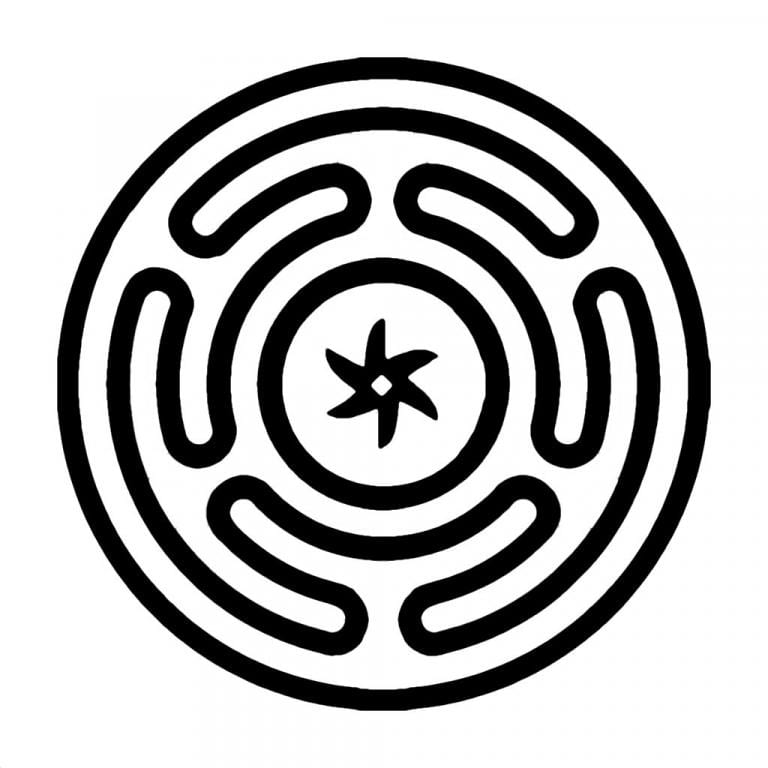


It's interesting to note that Hecate is associated with childbirth. In pre-dynastic Egypt, the matriarch and wise woman of the tribe was called the 'heq'. However, there is evidence that Hecate evolved from the Egyptian midwife goddess Heqit, (alternatively spelt 'Heket' or 'Hekat'.) The frog-headed goddess Heqit assisted with the daily birth of the Sun and was associated with the apparently magical germination of the seemingly lifeless corn seed. Hecate probably originated in the mythology of the Karians in southwest Asia Minor and was integrated into Greek religion around the sixth century BCE. Both facts support the theory that She originated outside Greece. It's likely that Hecate’s attributed birth changed as different social groups adopted Her worship, but no Greek Clan or Tribe ever claimed descent from Hecate. Musaeus claims She was born to Asteria and Zeus, Euripides says She is a daughter of Leto, while Thessalian legend has it that Hecate is the daughter of Admetus and a Pheraean woman. Hesoid claims that She was born of the Titan Perses and the star goddess Asteria. Some say that Hecate is the daughter of Erebus and Nyx, ageless Goddess of the night, while others believe that She is one of the Furies or the last surviving Titan except for Zeus. There are few legends about Her, and no fixed genealogy. Hecate is a Goddess shrouded in mystery, for there is continuing debate about Her name, origin and character.


 0 kommentar(er)
0 kommentar(er)
